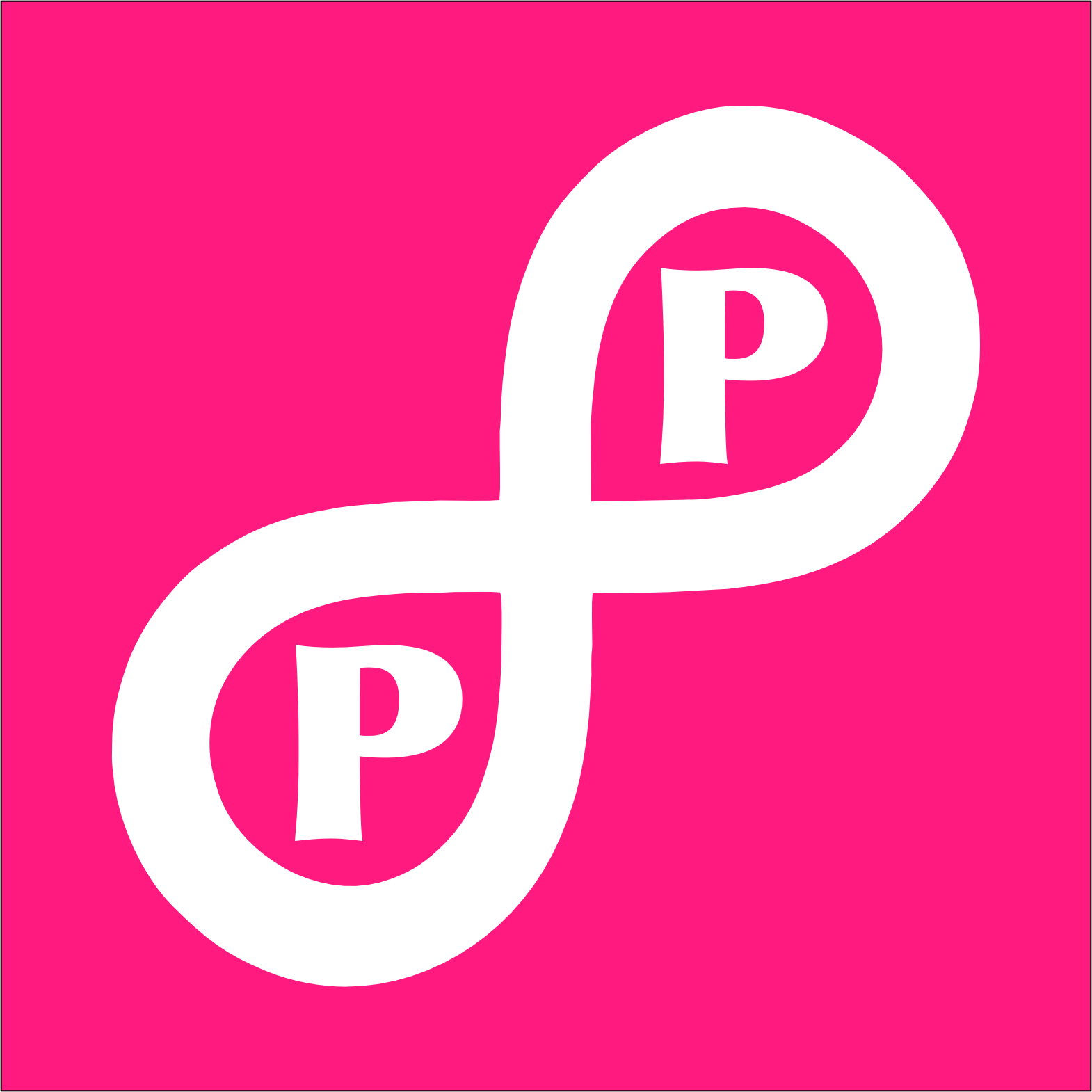Preparation & the Unforeseeable
If something is knowable, then the cause of not knowing it is one of preparation. Ironically, the best way to blunt unforeseeable events is also in preparation.

If something is knowable (and useful), then the cause of not knowing is one of preparation. We expect that our tribe is doing the work to gain knowledge. It can be hard to know what you should know — and do. It is even harder to know what we should know — and don't. We aren't seeking omniscience, we celebrate the entire spectrum, praising both the proficiency of an expert and the exploratory drive of the novice. Yet there will still be events that are unforeseeable, the unknown unknowns, the black swans. Interestingly, the best way to blunt unforeseeable events is also in preparation. While the exact nature of the event is unpredictable, we develop a threat-agnostic approach that improves our ability to gauge when a crisis is imminent, to be battle-ready for a quick response, and to ensure we know how and who we will need to communicate with. These three things are knowable, and the cause for not having them ready for an unforeseeable event is one of preparation.
For further exploration: The Johari Window is a tool invented in the 1950's by psychologists Joseph Luft and Harrington Ingham to help individuals identify the unknown unknowns. Fearless Culture has a great overview of the tool.
See the whole series by using the Paradox Pairs Index




